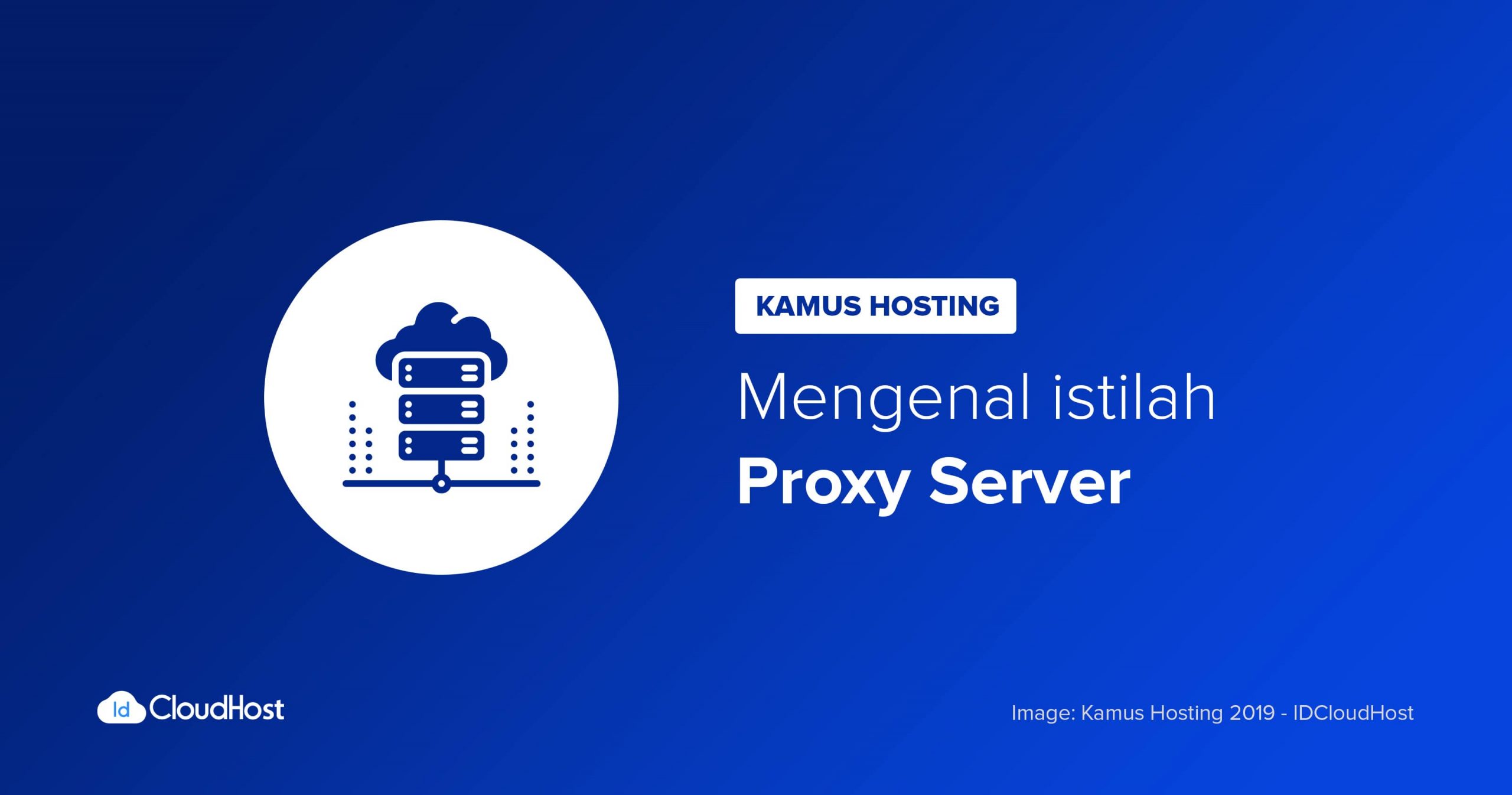In an era in which digital footprints are progressively scrutinized, the importance of internet privacy has never been more significant. As users become more aware of the risks linked to online activities, innovative solutions like proxy servers are gaining traction. Proxy servers act as intermediaries between users and the websites they access, providing an additional layer of privacy and security. Understanding how these servers operate and what they can offer is crucial for anyone looking to safeguard their online presence.
The landscape of internet privacy is continuously evolving, and proxy servers play a pivotal role in this change. While many users might confuse proxy servers with VPNs, they serve different purposes and come with their own set of benefits and limitations. This article will delve into the intricate world of proxy servers, exploring their functionalities, benefits for online privacy, and how they can improve security and anonymity. From helping users bypass geographic restrictions to their applications in market intelligence and data scraping, the relevance of proxy servers in the current digital environment cannot be overstated.
Grasping Proxy Services
Proxy services act as middlemen between a user's device and the web. When you attach to a proxy service, your queries to web pages are initially routed to the service. The proxy then relays these queries on your behalf, thereafter acquiring the replies and relaying them back to you. This process allows users to keep a measure of anonymity, as the online platforms you visit will only see the internet protocol address of the proxy instead of your true internet protocol address.
There are various types of proxies, each fulfilling different purposes. HTTP services are best for internet browsing, while SOCKS services can manage any form of internet traffic—whether it's for exploring or gaming. Transparent proxies do not modify calls or replies but are often used for monitoring purposes, and additional specialized types of proxy servers focus on specific functions such as data saving or safeguarding connections. Understanding these differences is essential for selecting the suitable service that matches your requirements.
Proxy servers not only enhance user privacy but also provide a variety of perks such as enhanced security and access to region-locked material. By hiding your internet protocol address, proxies can shield your identity online and are often used to evade restrictions or obstacles imposed by specific platforms. As more individuals and organizations acknowledge the significance of defending their internet footprint, the adoption of proxy servers continues to develop, leading in more refined and diverse alternatives in the field of digital privacy.
The Benefits and Risks of Using Proxy Servers

Using proxy servers provides numerous benefits for online privacy and security. One of the primary advantages is the ability to mask your IP address, which enhances anonymity while browsing the internet. By directing your requests through a proxy, users can stop websites and online services from monitoring their real location and identity. This is particularly vital for individuals concerned about surveillance and data collection by various entities. Additionally, proxies can help users bypass geo-restrictions, allowing access to content that may be blocked in certain regions.
Nonetheless, there are also risks associated with using proxy servers, especially free ones. Many free proxies may endanger user security, as they can log browsing activities or inject ads, leaving users vulnerable to data breaches. Moreover, the lack of encryption on some proxy servers means that sensitive information can be snagged by malicious third parties. Users must exercise caution when picking a proxy and opt for those that offer strong security features and a strong privacy policy.
In a business context, proxy servers can enhance productivity by enabling employees to access different resources while maintaining network security. Businesses often use proxies for competitive intelligence and data scraping, which can produce valuable insights. However, abuse of proxy servers can lead to ethical dilemmas, such as contravening terms of service or legal boundaries. Organizations must handle these risks strategically to ensure that the benefits of using proxies do not come at the cost of ethical principles or legal compliance.
Proxy Server in Online Security and Streaming
In the field of cybersecurity, proxies play a crucial role in defending critical data and upholding online anonymity. By directing traffic through an proxy server, proxies help conceal a user's IP address, making it more challenging for malicious actors to attack individuals. This additional layer of protection is particularly beneficial for companies that handle sensitive information, as it minimizes the chance of information breaches and unsafe access. Moreover, Click for more can be arranged to block malicious sites and track online activity, providing extra protection against likely threats.
For streaming enthusiasts, proxies offer a important solution for reaching geo-restricted content. Many video services apply geographical restrictions on their libraries, narrowing what users can view based on their region. By using proxies, individuals can bypass these restrictions, permitting them to discover a greater variety of shows. This functionality is especially attractive for those looking to watch well-known shows and movies that may not be accessible in their area, thus enhancing their general viewing experience.
However, not all proxies are the same, and users must be cautious of no-cost options that might compromise their safety. Many complimentary proxies lack proper security features or may even collect user data, defeating the very reason of using a proxy server for anonymity. When choosing a proxy server for both cyber security and content streaming, it is essential to pick trustworthy providers that offer strong protection and consistent service. This ensures not only a secure online environment but also seamless access to wanted content throughout various content services.
